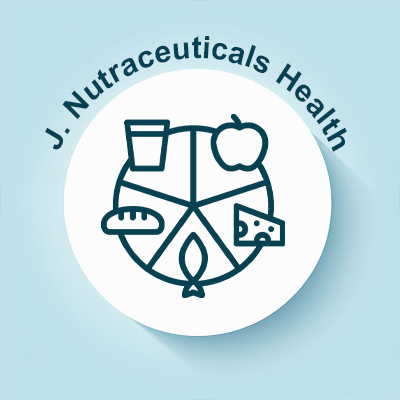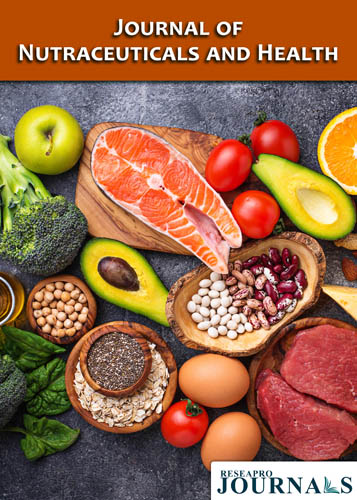
Journal of Nutraceuticals and Health
OPEN ACCESS

OPEN ACCESS

1Apitherapy and Bioactivity, Department of Food Science, Universidad de Los Andes, Mérida, Venezuela
2Meliponini and Apini Research Laboratory, Department of Entomology and Plant Pathology, Chiang Mai University, Chiang Mai, Thailand
3Department of Geology, Institute of Geosciences, Universidade Federal Fluminense, Niterói, 24210-346 Rio de Janeiro, RJ, Brazil
4Department of Chemistry, Universidad de Los Andes, Mérida, Venezuela
Stingless bees (SBs) from the tribe Meliponini collect, process, and store pollen foraged from plants needed as food for the bee colony. It is a product used in traditional medicine with recent scientific and industrial developments, available online. This bibliometric study on the most productive authors, institutions, countries, sources, and sponsors on chemical research of SB pollen was done using the Scopus database. The 191 documents retrieved from 2000 to 2023 consisted of 157 articles, 17 reviews, 11 book chapters, 5 conference papers, and 1 data paper from 173 journals, 12 books, 4 conference proceedings, and 2 book series source types. The top three most productive authors are from the Brazilian Universidade Federal Rural de Pernambuco, the German Technical University of Munich, and the Venezuelan Universidad de Los Andes. The top ten most productive countries are Brazil, with half of the total documents, Malaysia, Germany, Australia, Indonesia, Venezuela, EUA, Mexico, Thailand, and Argentina. The antioxidant and antibacterial biological activities of SB pollen were the most frequent studies, with nutraceutical properties such as anticancer, antidiabetic, anti-inflammatory, anti-immune, and antinociceptive. This bibliometric review evidenced that Neotropical, Indo-Malaysian, and Australian SB pollen applications in health, food science, and technology are opportunities for policy-makers to propose natural SB pollen as medicinal food supplements.
1Apitherapy and Bioactivity, Department of Food Science, Universidad de Los Andes, Mérida, Venezuela
2Meliponini and Apini Research Laboratory, Department of Entomology and Plant Pathology, Chiang Mai University, Chiang Mai, Thailand
3Department of Geology, Institute of Geosciences, Universidade Federal Fluminense, Niterói, 24210-346 Rio de Janeiro, RJ, Brazil
4Department of Chemistry, Universidad de Los Andes, Mérida, Venezuela